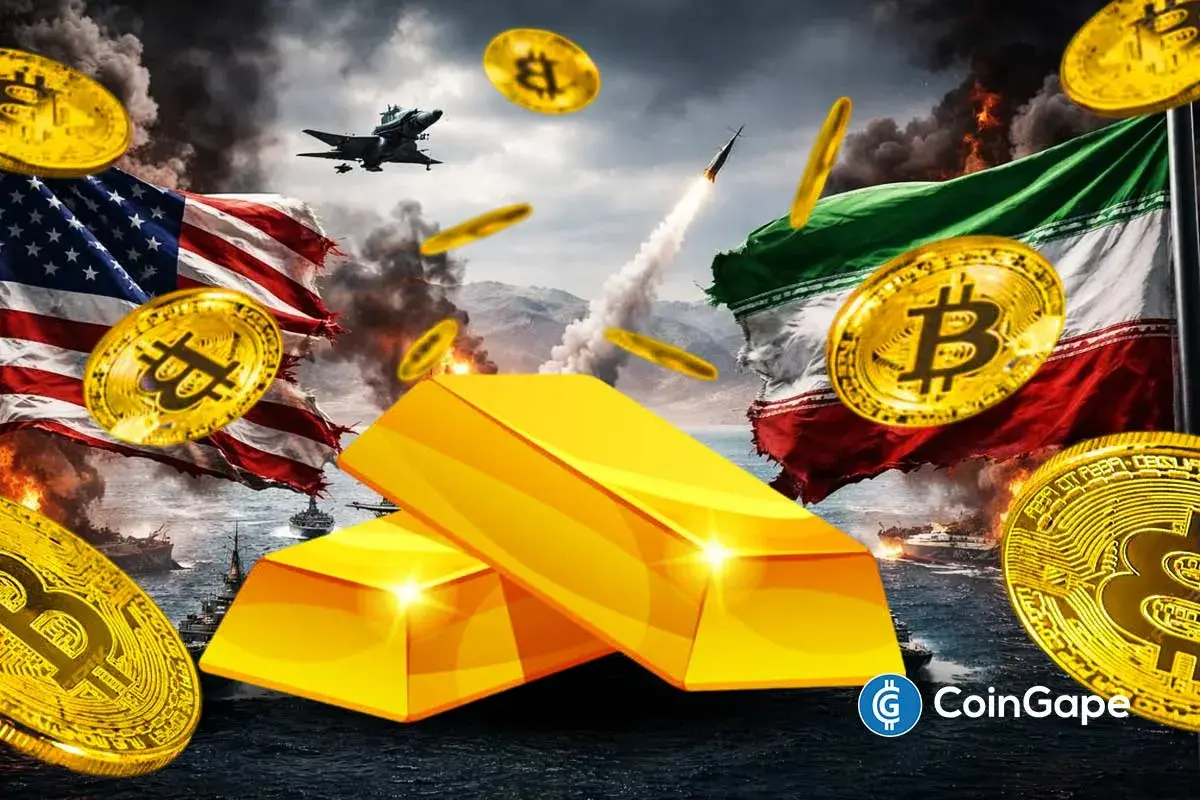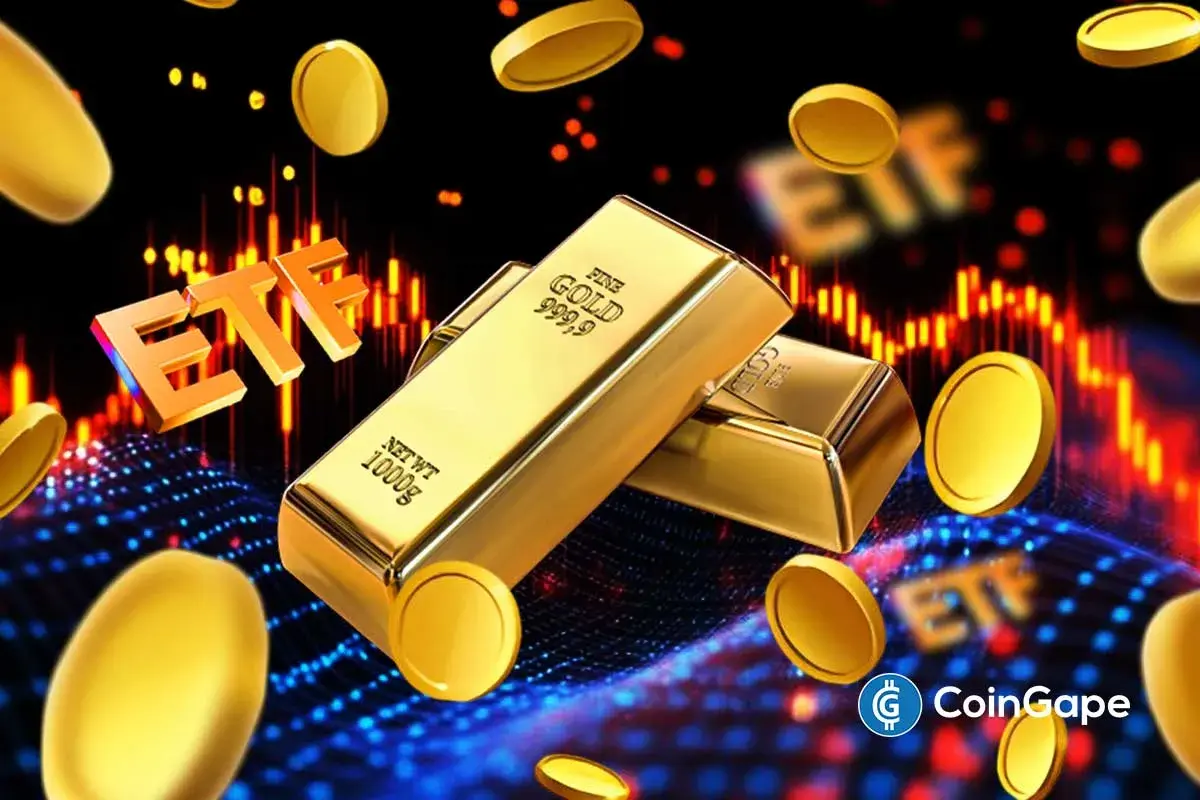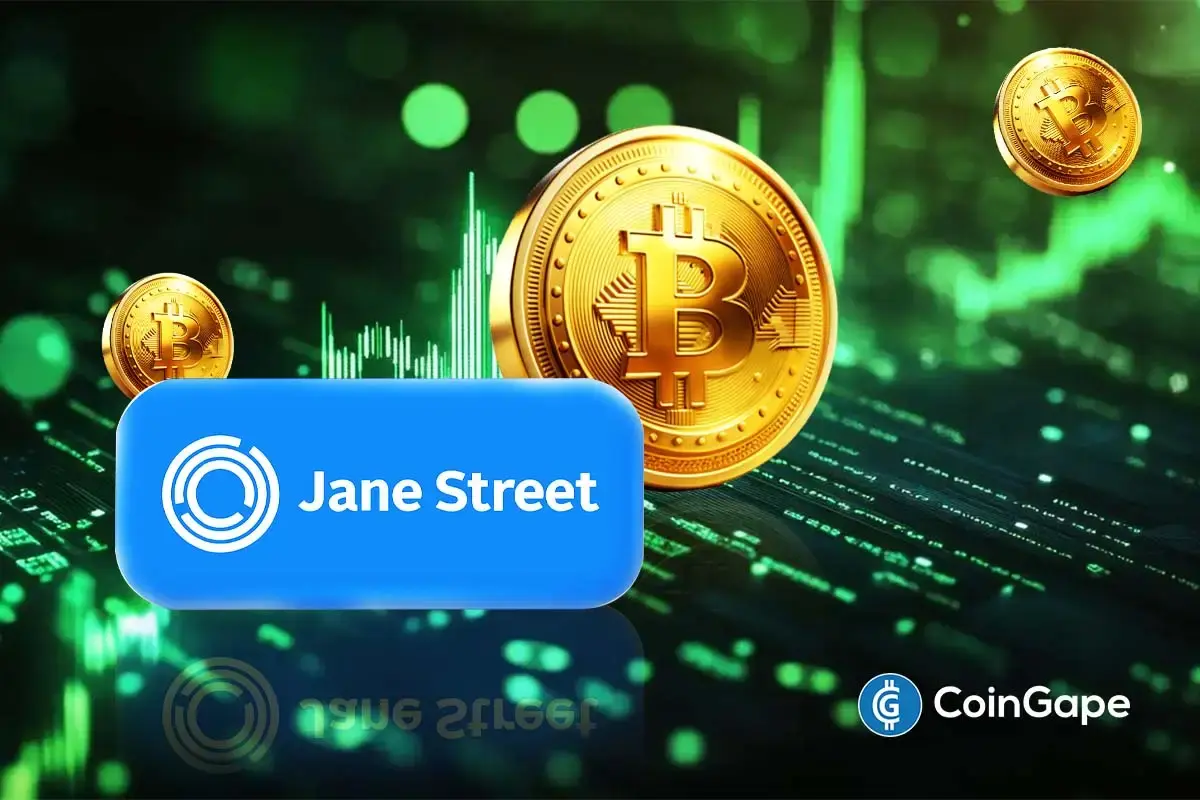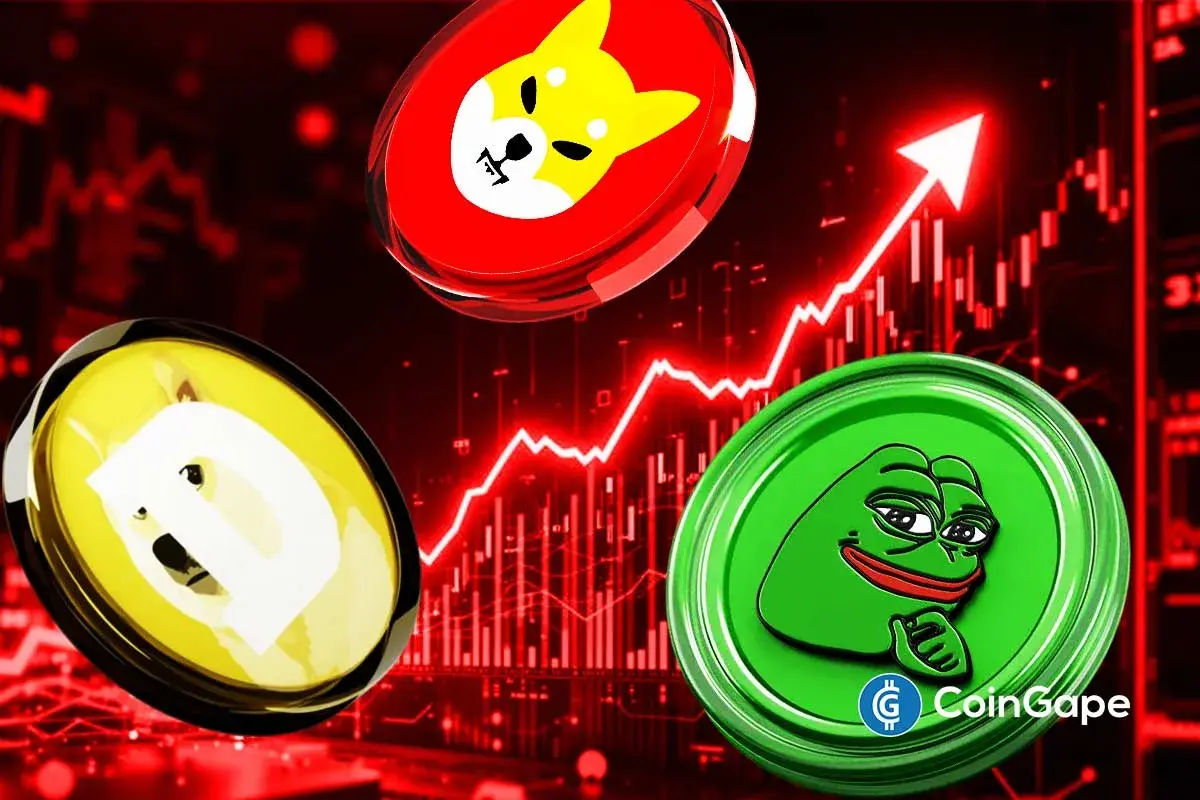El Salvador Reaffirms BTC Commitment, Will Continue Accumulating Reserves

Highlights
- Despite selling its Chivo wallet and IMF pressure, El Salvador plans to keep Bitcoin legal tender and buy more for its reserves
- El Salvador's $1.4 billion IMF deal restricts Bitcoin use in the private sector and limits public sector involvement.
- Despite government efforts, a large majority of Salvadorans haven't used Bitcoin in the past year.
El Salvador has reiterated its commitment to Bitcoin in spite of recent developments that saw its digital wallet, Chivo, being sold or retired. This is just days after the country sealed a $1.4 billion loan deal with the International Monetary Fund.
The deal forces the scaling back of Bitcoin policies, but the Salvadoran government remains undeterred in its quest to accumulate BTC for its strategic reserves.
El Salvador Reaffirms BTC Commitment, to Keep Accumulating Reserves
Stacey Herbert, the Director of the National Bitcoin Office, highlighted the fact that Bitcoin would keep on playing a critical role in the country’s financial strategy. She said that, while the Chivo wallet will stop being active, the government will speed up its buying of Bitcoin, continuing to add more BTC to its reserves.
🇸🇻EL SALVADOR SECURES $3.5 FUNDING DEAL
➡️Bitcoin remains legal tender
➡️El Salvador will continue buying bitcoin (at possibly an accelerated pace) for its Strategic Bitcoin Reserve
➡️Bitcoin capital markets will continue to be built; for example, the recent tokenized issuance…— Stacy Herbert 🇸🇻🚀 (@stacyherbert) December 19, 2024
Presently, El Salvador holds 5,968.77 Bitcoin, which is nearly $596 million, with plans to purchase one Bitcoin per day.
The IMF required Bitcoin use in the private sector to be voluntary. It also limited public sector involvement in Bitcoin transactions.
Despite these restrictions, Herbert stated that many Bitcoin-related initiatives will continue. These include developing Bitcoin capital markets and expanding Bitcoin education programs.
Despite Incentives, Bitcoin Adoption Remains Low
Despite these setbacks, President Nayib Bukele remains optimistic about Bitcoin’s role in the country’s economy. Earlier this month he celebrated the recent surge past $100,000. Recently, crypto exchange Bitget has achieved a significant milestone, becoming the first digital asset trading platform to be granted a license as a Bitcoin Service Provider by El Salvador’s Central Bank. This development comes after Bukele revealed that El Salvador’s Bitcoin holdings have generated an unrealized profit of $362 million.
Though the IMF agreement requires the country to make adjustments to its BTC strategy, the government remains determined to keep Bitcoin as legal tender and to expand its use in key economic initiatives.
Play 10,000+ Casino Games at BC Game with Ease
- Instant Deposits And Withdrawals
- Crypto Casino And Sports Betting
- Exclusive Bonuses And Rewards

- Cardano’s DeFi TVL Climbs as USDCx Stablecoin Launches on Network
- Gold vs. Bitcoin: Can Gold Outperform BTC Amid US–Iran Conflict?
- Bitcoin Faces $1.8B in Panic Selling as U.S.-Iran Airstrikes Escalate; Will BTC Crash Below $60k?
- Gold ETF vs Tokenized Gold: Who Could Outperform in 2026?
- Crypto Weekly Wrap: Jane Street Targeted After Terra Suit, Vitalik’s ETH Selloffs, Regulatory Progress Feb 23-27
- Top Analyst Predicts Pi Network Price Bottom, Flags Key Catalysts
- Will Ethereum Price Hold $1,900 Level After Five Weeks of $563M ETF Selling?
- Top 2 Price Predictions Ethereum and Solana Ahead of March 1 Clarity Act Stablecoin Deadline
- Pi Network Price Prediction Ahead of Protocol Upgrades Deadline on March 1
- XRP Price Outlook As Jane Street Lawsuit Sparks Shift in Morning Sell-Off Trend
- Dogecoin, Cardano, and Chainlink Price Prediction As Crypto Market Rebounds

 Buy $GGs
Buy $GGs

















